It’s been several years since the group of about 25 people stood in a circle in Long Branch Park, heads bowed, holding hands as they performed a pagan ritual.
That photo is still Mary Hudson’s computer background, even though the small number of Syracuse University students in the circle have all graduated and moved on to others things.
Hudson is the pagan chaplain at SU’s Hendricks Chapel, and only the second college pagan chaplain in the nation.
She has an office in Hendricks and sits on the Chaplains’ Council. Two people help her at Student Pagan Information Relations and Learning meetings on Monday nights, lightening her weekly load.
The meetings attract as many as 35 students a week now, a huge increase from the three students who attended when she started the group.
But three years after becoming pagan chaplain and 12 years after founding the pagan student group, also known as SPIRAL, Hudson said the biggest change in paganism at SU is the level of awareness, both on campus and in the larger community.
“Everybody fears what they don’t know,” Hudson said. “A lot of what has happened over the last three years is education.”
Part of that education is talking to people about who pagans are — and who they aren’t. Hudson can easily rattle off the stereotypes.
“We’re evil. We’re Satan worshippers. We curse people, do black magic. That we try to manipulate. I mean, the list goes on,” she said. “Watch a Hollywood movie.”
Paganism is an umbrella term that encompasses a variety of different polytheistic faiths, many of which are based in Western European cultures and traditions. These faiths all share a “deep reverence” for nature, Hudson said.
The community outside of the university has become more aware of paganism as well, Hudson said. She now gets calls from hospitals requesting clergy for pagan patients. She’s been in contact with groups and individuals from surrounding colleges as close as Onondaga Community College and as far as the State University of New York at Oswego.
Though many of these schools have advisers or student groups, Hudson recognizes that her position as chaplain is distinctive and to some, controversial. But Hudson said those who opposed her appointment generally came from the larger community, not from within SU.
“Each place has to fight its own battle,” she said. “It’s not about the chapel and it never was. It was with the general public’s perception.”
Tiffany Steinwert, dean of Hendricks, has often experienced this public perception when she talks to students and other groups about the world traditions offered at the chapel.
“When I say it, you can watch this window open in their mind,” she said. “Whether they come to SPIRAL or engage the pagan chaplaincy at all, they now have a different understanding of what the religious landscape in America looks like.”
But not everyone is open to this new religious perspective. Steinwert became dean about a month after Hudson became a chaplain at SU, so she dealt with much of the criticism.
Only a small number of people found the appointment controversial, Steinwert said, and added that most of them came from evangelical Christians outside of the SU community.
Within the SU community, paganism is now included in interfaith events at Hendricks. Linus DeSantis, SU’s Roman Catholic chaplain, said he is friends with Hudson and has enjoyed participating in these interfaith events with her, especially the Sept. 11 memorial service.
DeSantis said he appreciates the need for a chaplain because it gives pagan students a “rallying point” on campus and helps increase understanding of paganism, he said.
Ashley Marshall, a senior communication sciences and disorders major and president of SPIRAL, said having a pagan chaplain has given group members more confidence.
“It’s kind of like a totem or a statue — something for you to look at, some solidarity for you to say ‘I can belong here,’” she said.
During their weekly meetings, members of SPIRAL do a variety of different activities including divination practice; learning about stones, elements and the basics of performing rituals; meditation and energy work.
The group also performs full-moon rituals and celebrates other pagan holidays throughout the year, something Marshall said she’s more comfortable with now than she was when she first joined the group.
“When we used to do rituals out on the Quad, it was like ‘Oh my God, everybody’s staring at us,’ and now I’m like, ‘I don’t care,’” she said. “It’s something that’s personal and religious for me, and if they want to understand it, then they’re going to ask.”
Though more students have been asking about paganism in the 11 years since Cynthia Collins became pagan chaplain at the University of Southern Maine, Collins isn’t surprised she and Hudson are still the only two college pagan chaplains.
No accredited pagan seminaries exist in the United States, so few resources are available for people looking to be chaplains at the university level, Collins said.
Money is also an issue, she said. Unlike other denominations where the congregation pays the pastor’s salary, pagans tend to meet in smaller groups and generally don’t have a professionally trained clergy member, she said.
“People put in their buck for candles and that’s about it,” Collins said.
In addition, because paganism is diverse and encompasses many different faiths, it can be difficult to organize and has a less-defined structure, she said.
“If you put 100 pagans in a room, you’d have 200 opinions,” Collins said with a laugh.
SPIRAL is similarly diverse, bringing together students from many different backgrounds.
Some, such as Megan Montana, come from other religious faiths. Montana, a senior ceramics major and vice president of SPIRAL, considers herself both pagan and Christian. This, she said, tends to invalidate her faith in the eyes of other Christians.
But Montana does not feel the two beliefs contradict, and instead holds the same inclusive attitude as those in SPIRAL, which she calls “the most accepting community I’ve ever been a part of.”
Helping students find a method that works for them is one thing that has not changed for Hudson during her time at SU.
“Everybody deserves a place and everybody deserves to be able to practice or explore their spirituality in a safe environment,” she said. “This is where students can come in and ask questions, explore, figure out, maybe not answers to the big questions, but maybe get an idea of who they are and where they wish to go from here.”
This is part one of a four-part series exploring the role of spirituality in the lives of Syracuse University students. This article was published on February 12, 2013 at 11:03 pm.
- Week 1: Widening the Circle: Chaplain, organization dispel Pagan stereotypes through awareness
- Week 2: Closer to Home: Life on campus provides opportunity for students to explore Judaism further, find elements of family in new venues
- Week 3: With Open Arms: Vast spiritual opportunities lie within campus Chapel; Hendricks illuminates need for diversity
- Week 4: Secular Lifestyles: Students discuss secular life, ways to practice atheist beliefs on campus



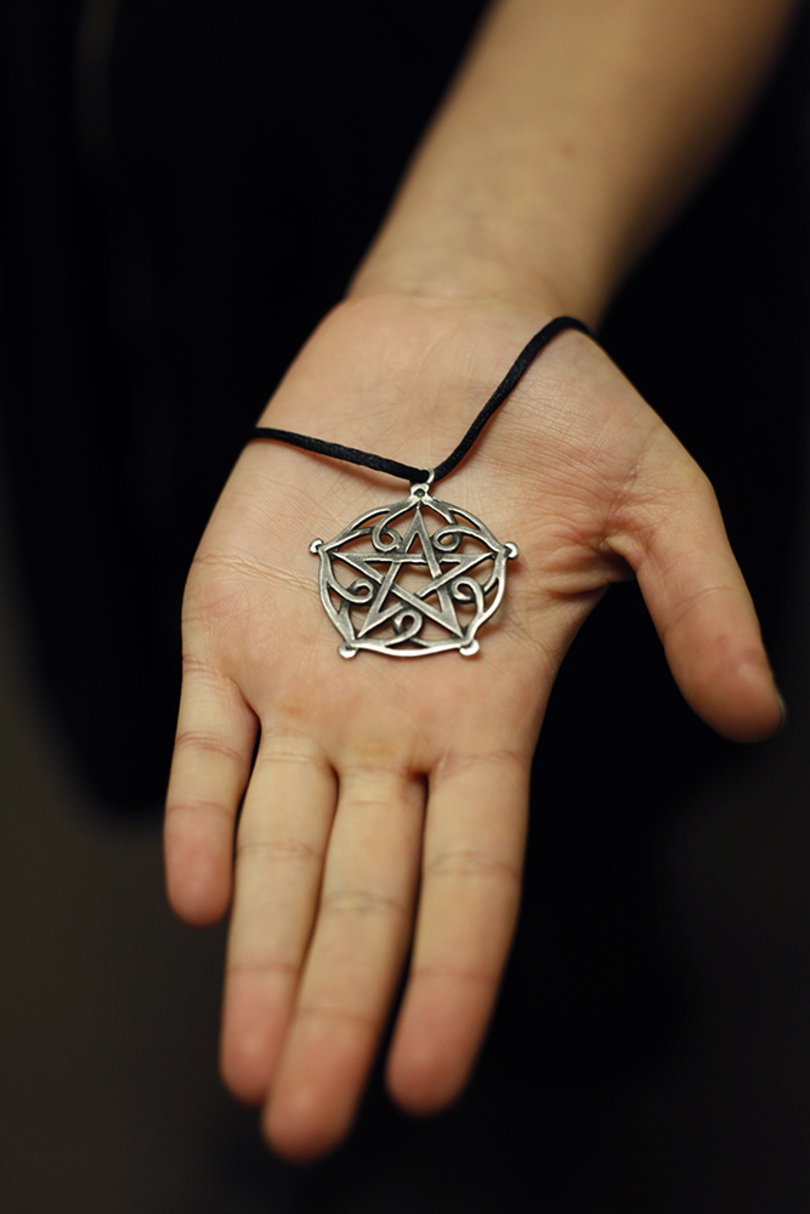
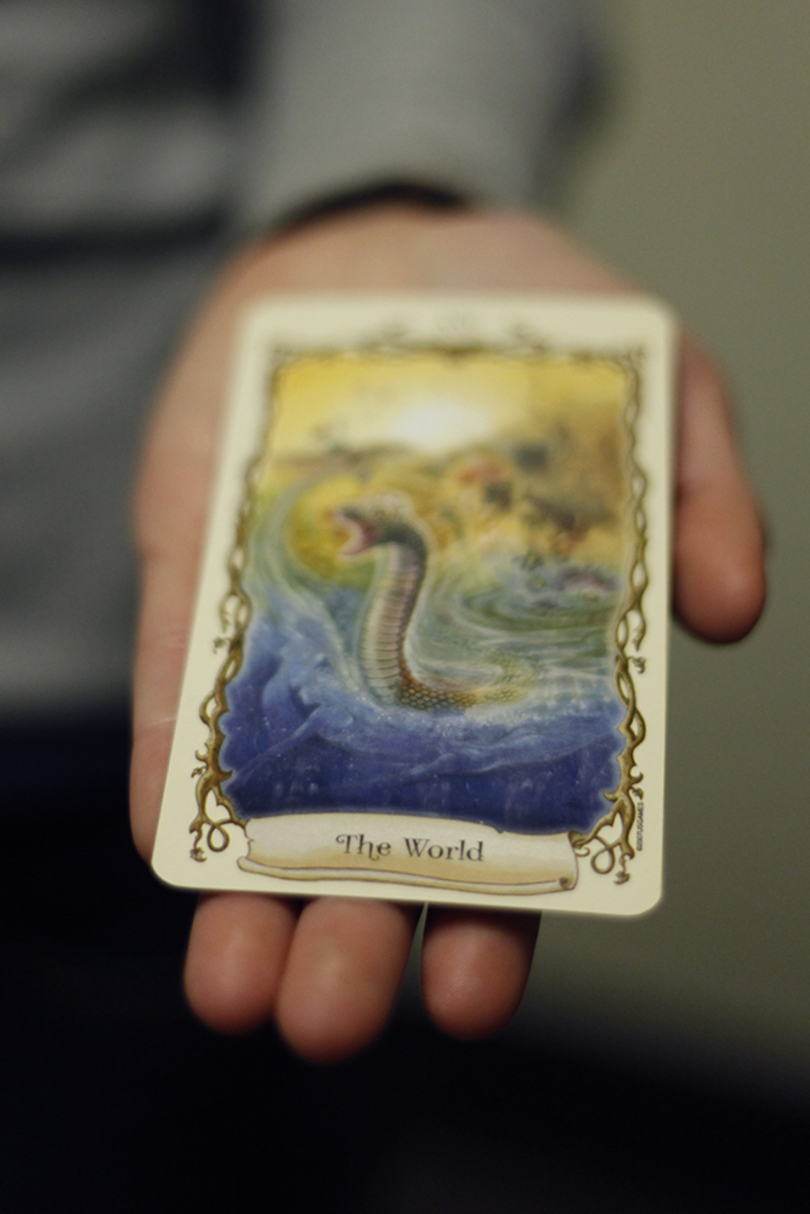
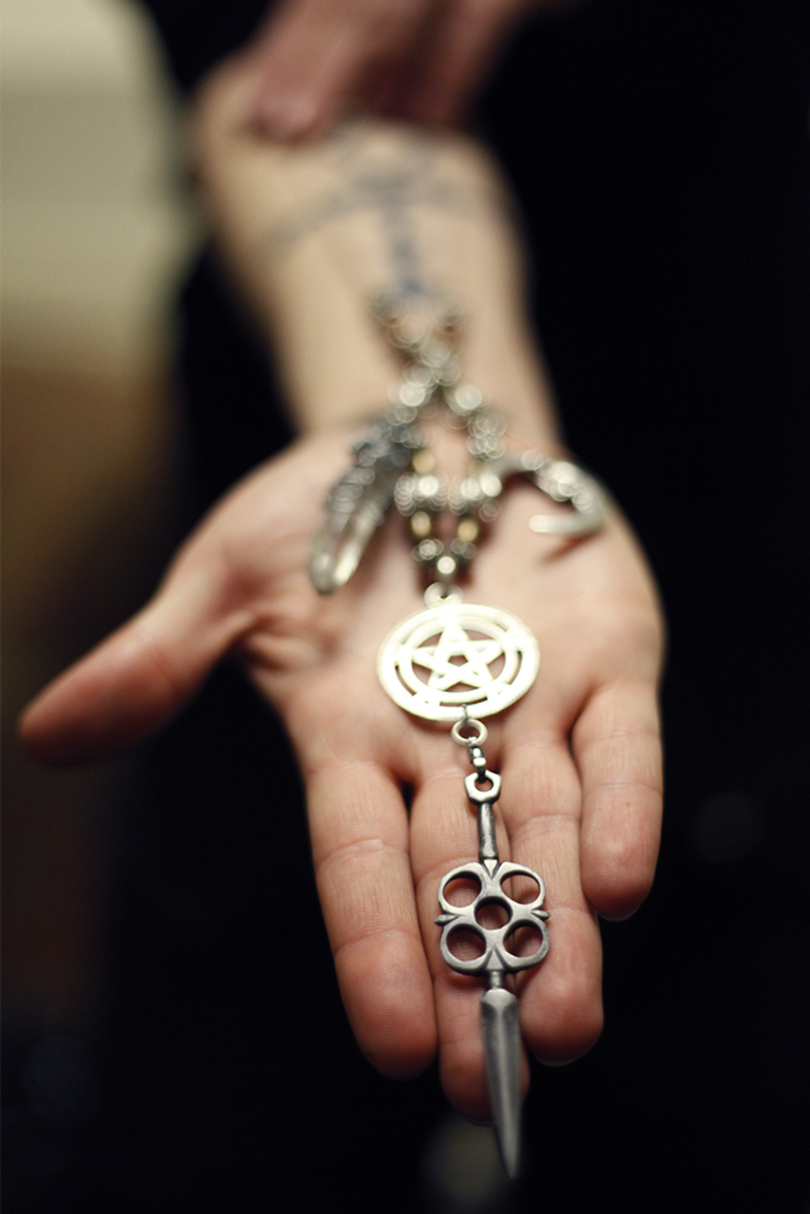
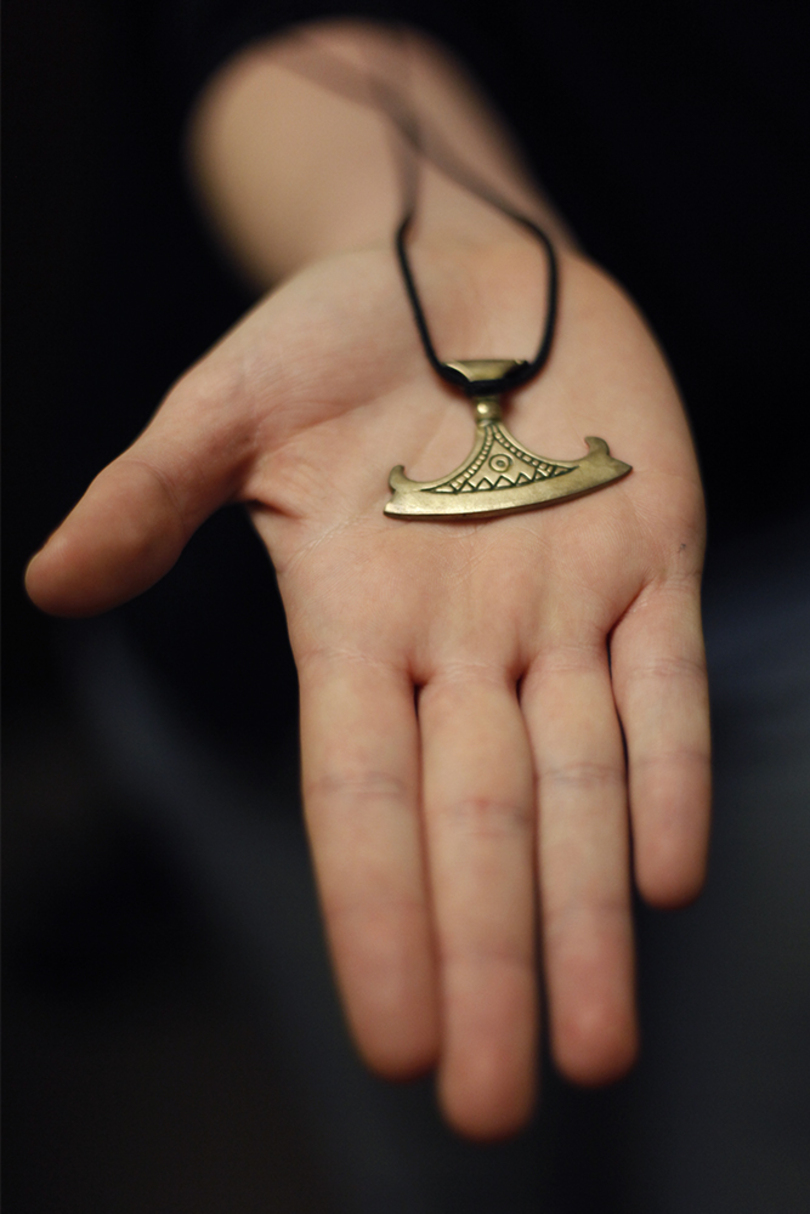
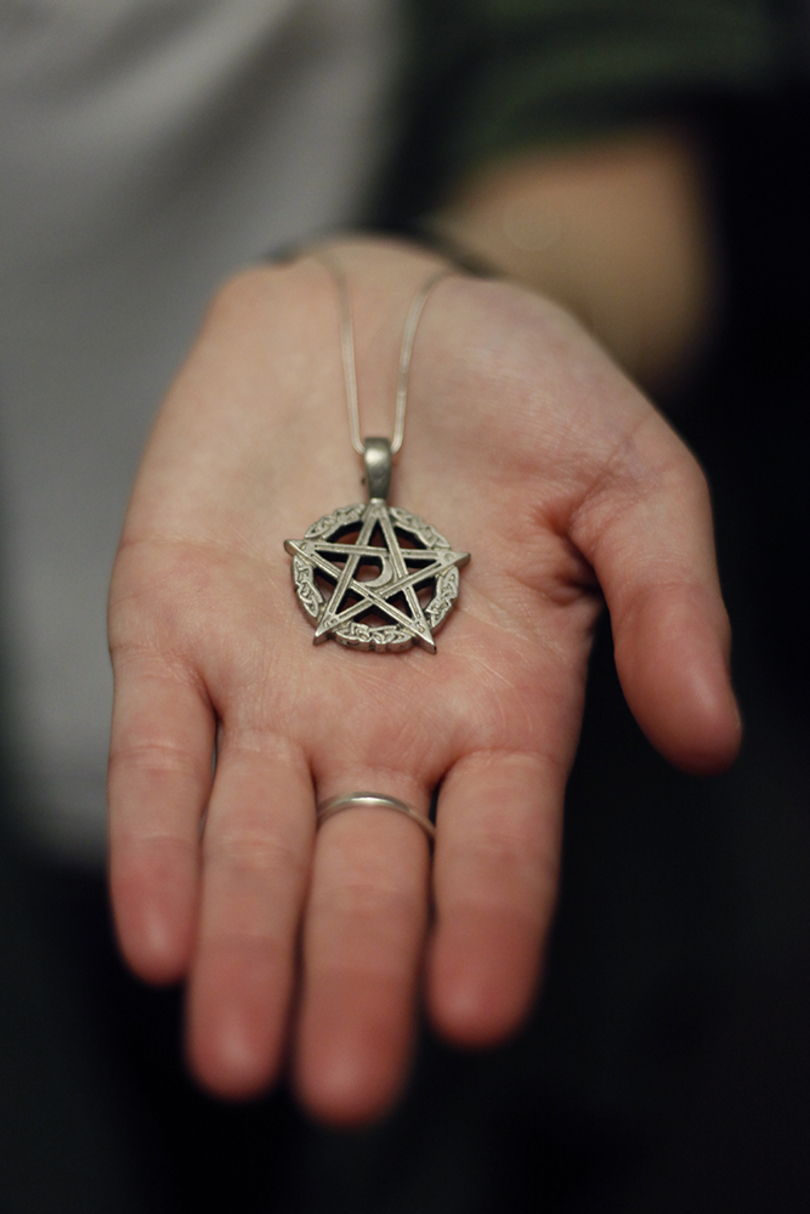

I think it’s a great story line to cover student spirituality on campus, but I think it was poor judgment to run your first story about Paganism on the Christian holy day of Ash Wednesday.
I don’t speak for the DO, but point taken. However, I have to ask why should the occurrence of one faith’s holy day preclude discussion of another faith? The thrust of the story was to dispel that kind of thought process.The beauty of a secular society is that religions can exist openly. Take, for example, the emphasis given to the one student who identified as both a Christian and Pagan. Note how she received grief and dismay from the Christian cohort, not the Pagan. Now, I have no vendetta or ill-will to the Christian faith. But, free public discourse should be allowed no matter the date of religious significance.
By the way, great article and series. Everyone at the DO does a fantastic job. Shout out to Chase Gaewski for the amazing photographs!
The learning of one faith in no way undermines the sanctity of another 🙂
Very nice article. It made me a little jealous compared to my on-campus experiences.
Late to this one, but I cannot help wonder if the OP would have found it in poor judgement to have an article about Christianity on campus come out concurrent with a pagan holiday.
I would suspect he/she would not even be aware of Pagan holidays (and neither am I) but it goes to illustrate a certain Christian privilege whereas everyone else should tip toe around their faith while many Christians have few qualms about telling others that unless they worship Jesus their destiny includes an eternity of pain.